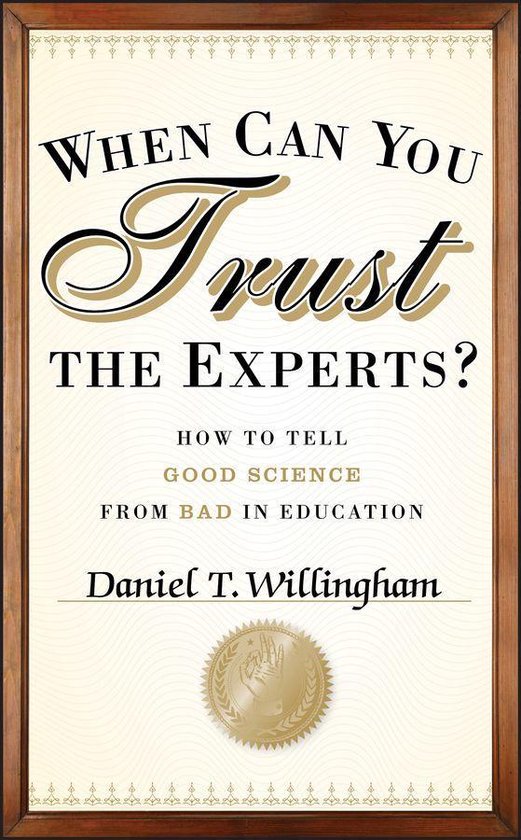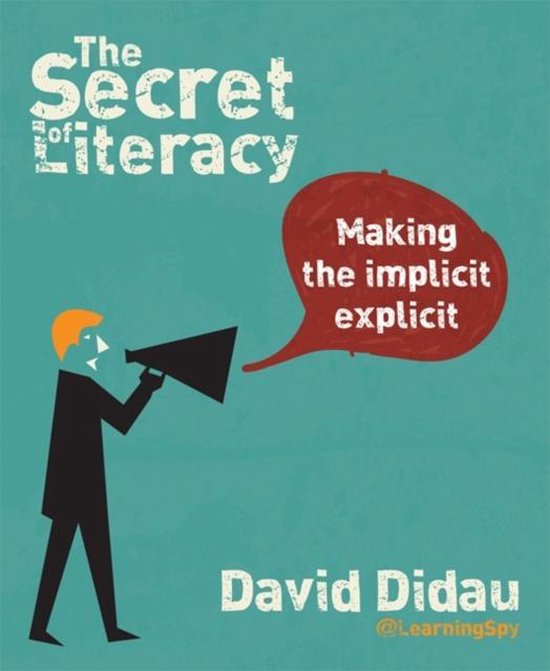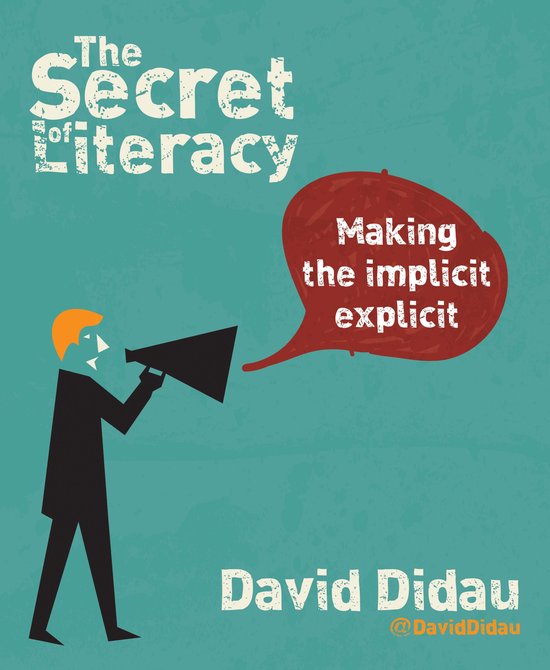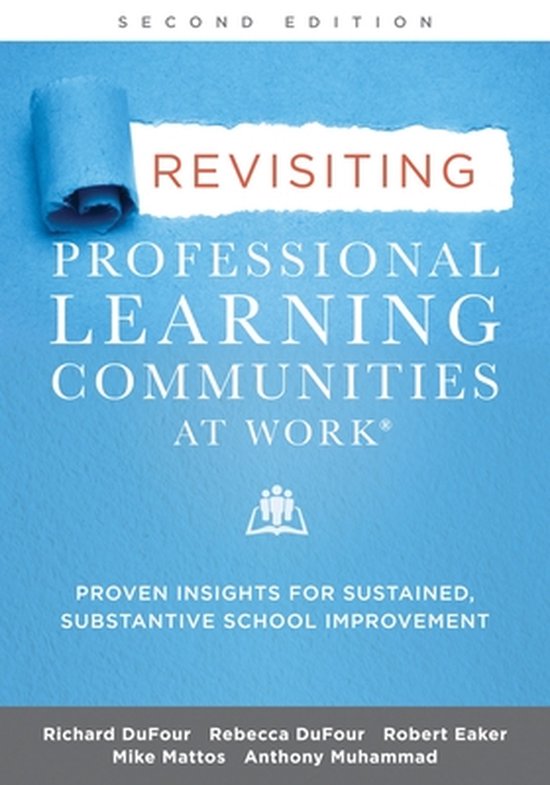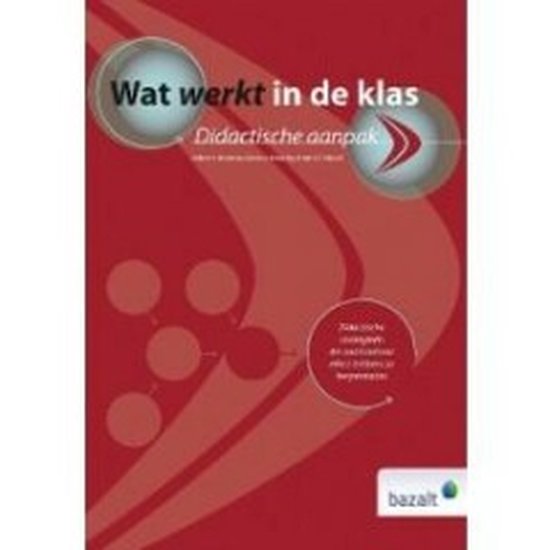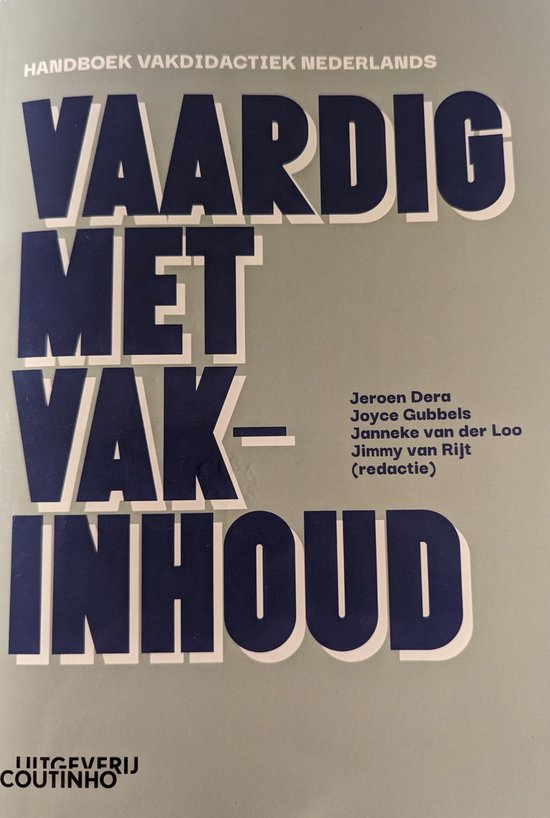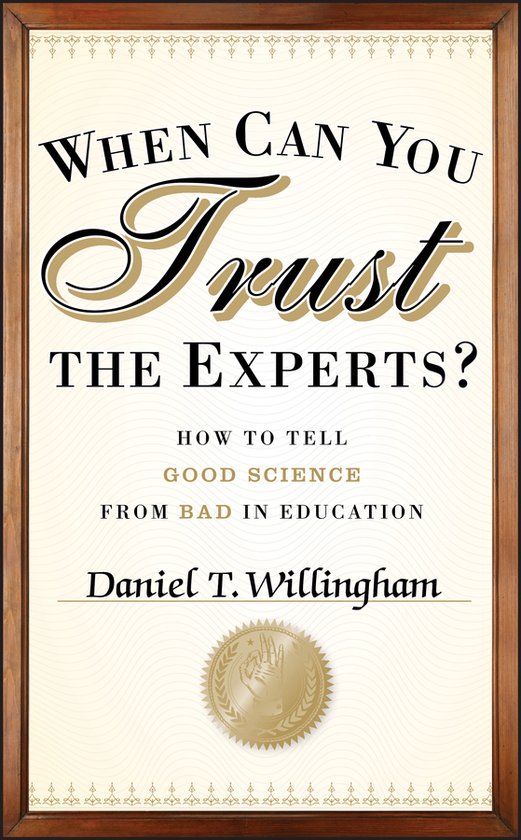
When Can You Trust The Experts?
Along with some potentially worthy ideas, the last fifty years have encapsulated a flood of educational quackery and nostrums. The innovation and implementation continues, while teachers, administrators, and policymakers have a hard time separating the wheat from the chaff. What makes this so difficult for individuals in the American educational system? They're on their own. There is no research team to evaluate every new idea. But there is pressure to effect change through these innovations.
In When Can You Trust the Experts? Daniel Willingham offers a solution for those who must sift through the information overload and discern which of the latest educational models, programs, and approaches are worthy of their attention. Willingham provides a reliable shortcut comprising four steps. For each step he offers an explanation of why the principle works by referring back to the rules for what constitutes good science. Willingham's easy-to-apply process consists of:
Strip it. Clear away the verbiage and look at the actual claim. What exactly is the claim suggesting a teacher should do, and what outcome is promised?
Trace it. Who created this idea, and what have others said about it? It's common to believe something because an authority confirms it, and this is often a reasonable thing to do. In education research, however, this can be a weak indicator of truth.
Analyze it. Why are you being asked to believe the claim is true? What evidence is offered, and how does the claim square with your own experience?
Should I do it? You're not going to adopt every educational program that is scientifically backed, and it may make sense to adopt one that has not been scientifically evaluated.
When Can You Trust the Experts? offers parents, teachers, administrators, and policymakers the tools they need to ask tougher questions, think more logically about why an intervention might or might not work, and ultimately make more informed decisions.
In When Can You Trust the Experts? Daniel Willingham offers a solution for those who must sift through the information overload and discern which of the latest educational models, programs, and approaches are worthy of their attention. Willingham provides a reliable shortcut comprising four steps. For each step he offers an explanation of why the principle works by referring back to the rules for what constitutes good science. Willingham's easy-to-apply process consists of:
Strip it. Clear away the verbiage and look at the actual claim. What exactly is the claim suggesting a teacher should do, and what outcome is promised?
Trace it. Who created this idea, and what have others said about it? It's common to believe something because an authority confirms it, and this is often a reasonable thing to do. In education research, however, this can be a weak indicator of truth.
Analyze it. Why are you being asked to believe the claim is true? What evidence is offered, and how does the claim square with your own experience?
Should I do it? You're not going to adopt every educational program that is scientifically backed, and it may make sense to adopt one that has not been scientifically evaluated.
When Can You Trust the Experts? offers parents, teachers, administrators, and policymakers the tools they need to ask tougher questions, think more logically about why an intervention might or might not work, and ultimately make more informed decisions.
| Auteur | | Daniel T. Willingham |
| Taal | | Engels |
| Type | | Hardcover |
| Categorie | | Onderwijs & Didactiek |
